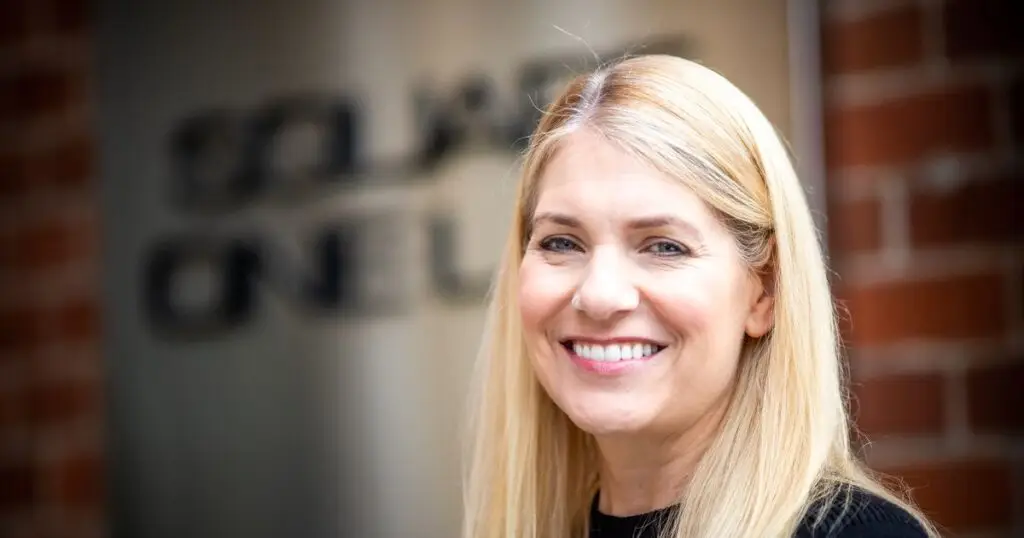A new report aimed at creating fairer and more equitable workplaces across the UK has been released, spearheaded by Gill Hunter, managing partner of Newcastle law firm.
Gill Hunter has been co-chair of the British Chambers of Commerce’s Workplace Equity Commission, which has outlined more than 40 recommendations for Government and businesses to foster inclusive and diverse workplaces. The commission places a particular emphasis on supporting the 5.5 million SMEs across the UK, recognising their pivotal role in enacting workplace equity.
Interestingly, this report coincides with the latest employment figures from the Office for National Statistics, highlighting economic inactivity as a significant issue in the North East, often attributed to ill health or caring responsibilities. Hunter acknowledges these challenges, stating: “Many of us are aware of the challenges that we, our family members and friends may have experienced on the journey through education and work. Of course, in life, not everyone starts from the same place, nor has the same access to opportunity, networks, and ongoing good health, for example.”
She continues, “But everyone deserves the chance to achieve their full potential in the workplace, and it is a business imperative that we help to identify and remove any barriers to their full participation. There are times in our working lives when additional support, flexibility and understanding is needed to help us achieve our ambitions, overcome setbacks, or balance work with other commitments and circumstances. In my experience, creating an equitable workplace does not require a plethora of expensive initiatives, gimmicks, or large-scale interventions.”
The report underscores practical, low-cost steps that can make significant impacts. According to Hunter, SMEs have benefitted from taking small measures that greatly influence the workforce and individuals alike. Essential to these efforts is fostering an equitable workplace culture where people feel included and valued, with active commitments from senior managers to ensure fairness.
This initiative by the Equity Commission was established by the British Chambers of Commerce last year and has collaborated with the Youth Futures Foundation to develop its recommendations. John McCabe, chief executive of the North East Chamber of Commerce, remarked on the inclusive approach, saying: “The BCC’s Workplace Equity Commission brought together trusted experts and business leaders from across nations, regions and sectors. It’s vital we turn the report’s recommendations into action to create the optimum workplace environment, and support and harness the skills and potential of our talented workforce.”
McCabe also highlighted Hunter’s substantial contribution, noting her influential role within the North East business community. He commented, “This was a national piece of work but I’m really pleased Gill, who is a very recognisable and respected member of our North East business community, was able to play such a significant leadership role in it.”
Overall, the report from the Workplace Equity Commission presents a comprehensive set of recommendations aimed at advancing workplace equity, particularly among SMEs. With leadership from figures like Gill Hunter, the initiative aims to bring about meaningful change, reflecting the pressing need for equitable workplace practices and highlighting the broader socio-economic benefits.

